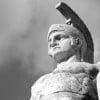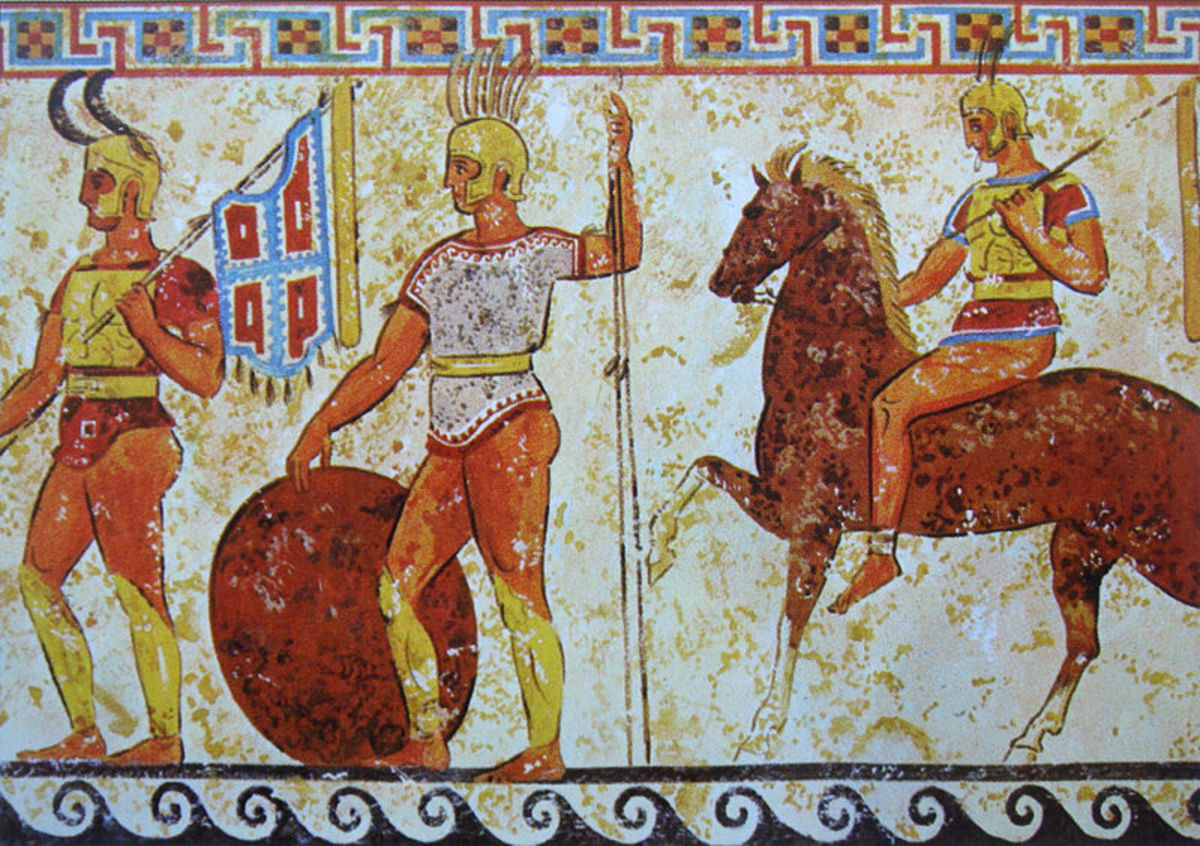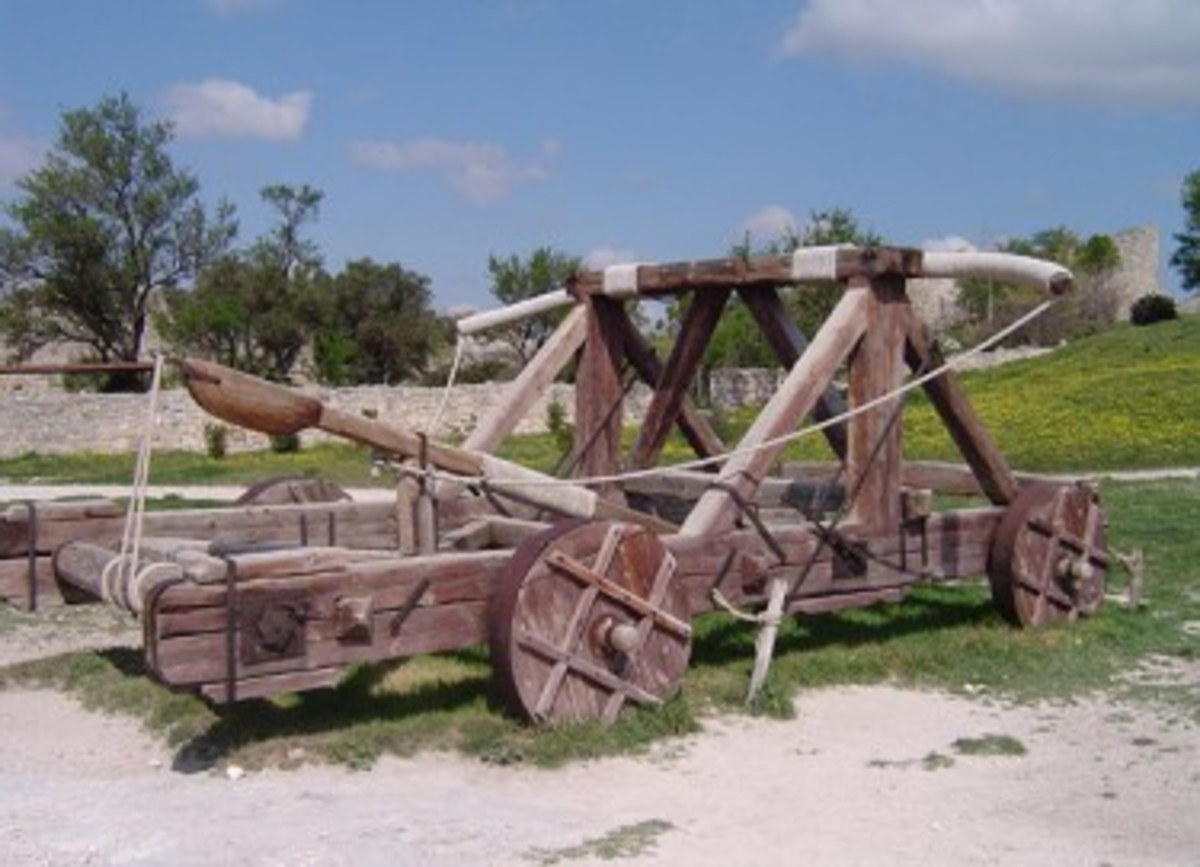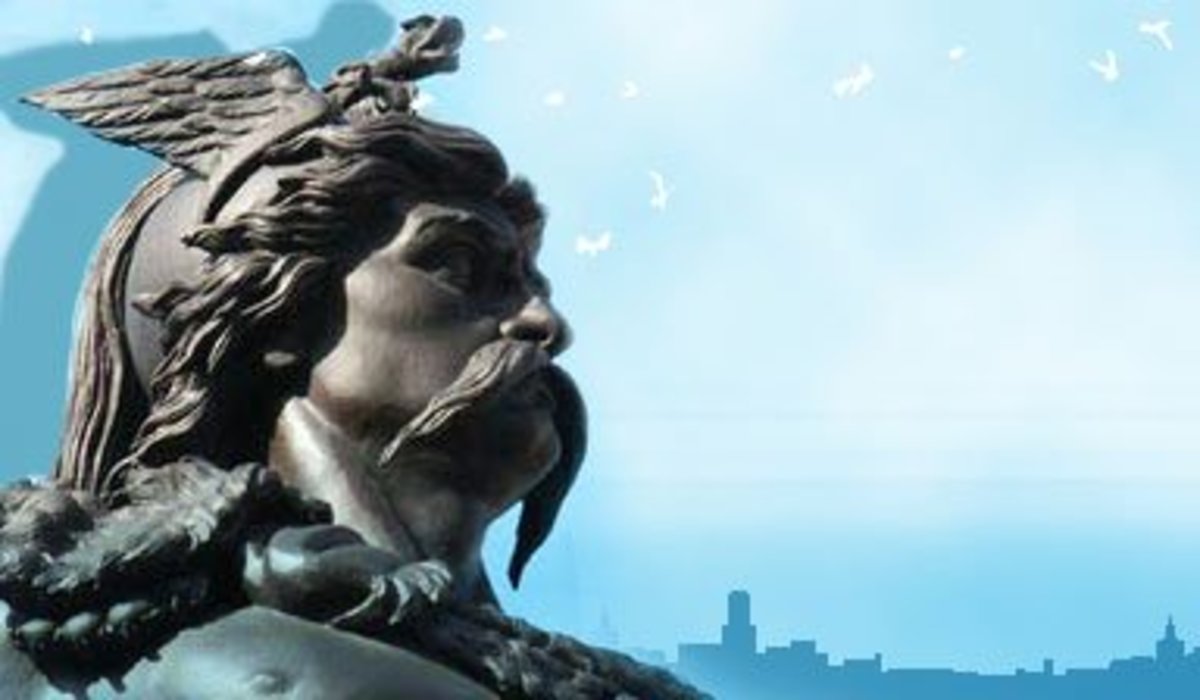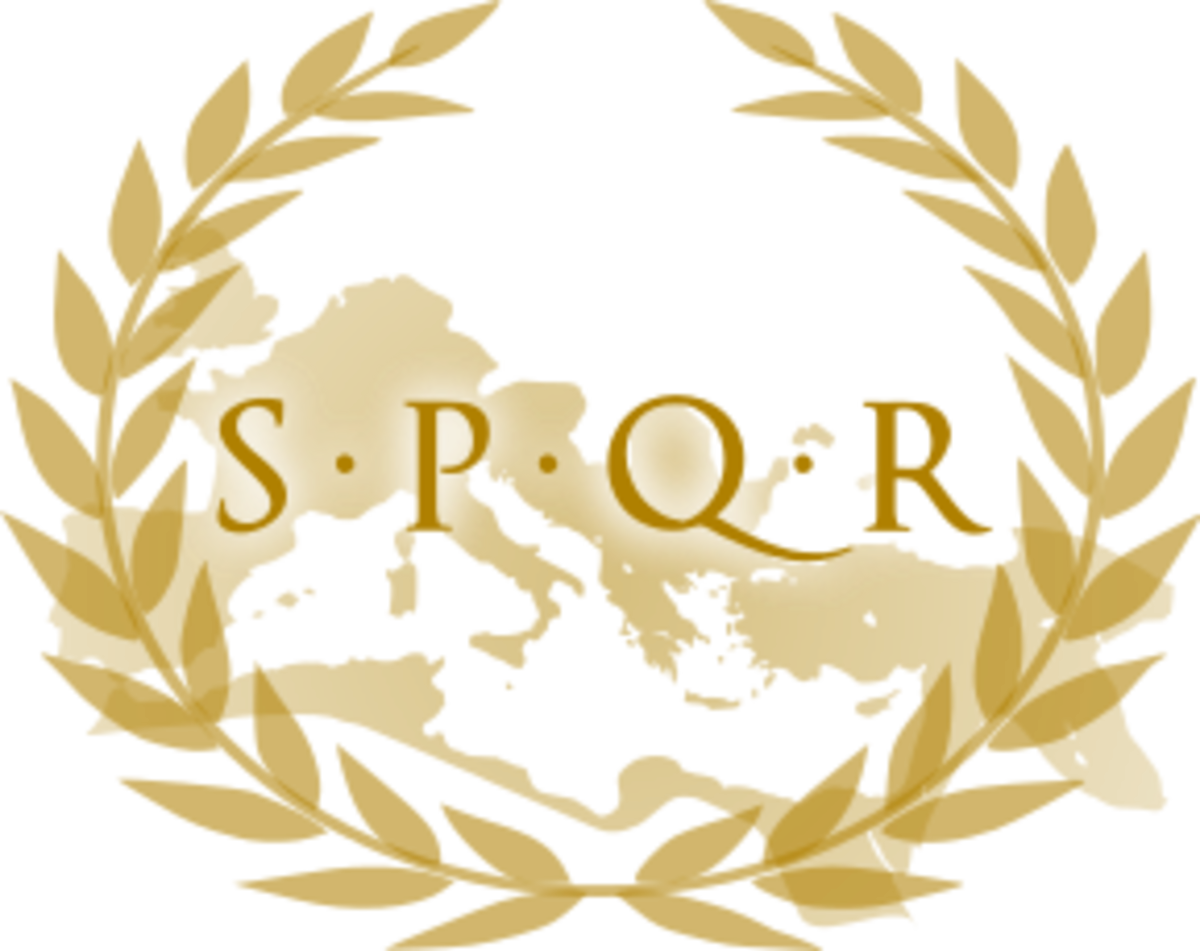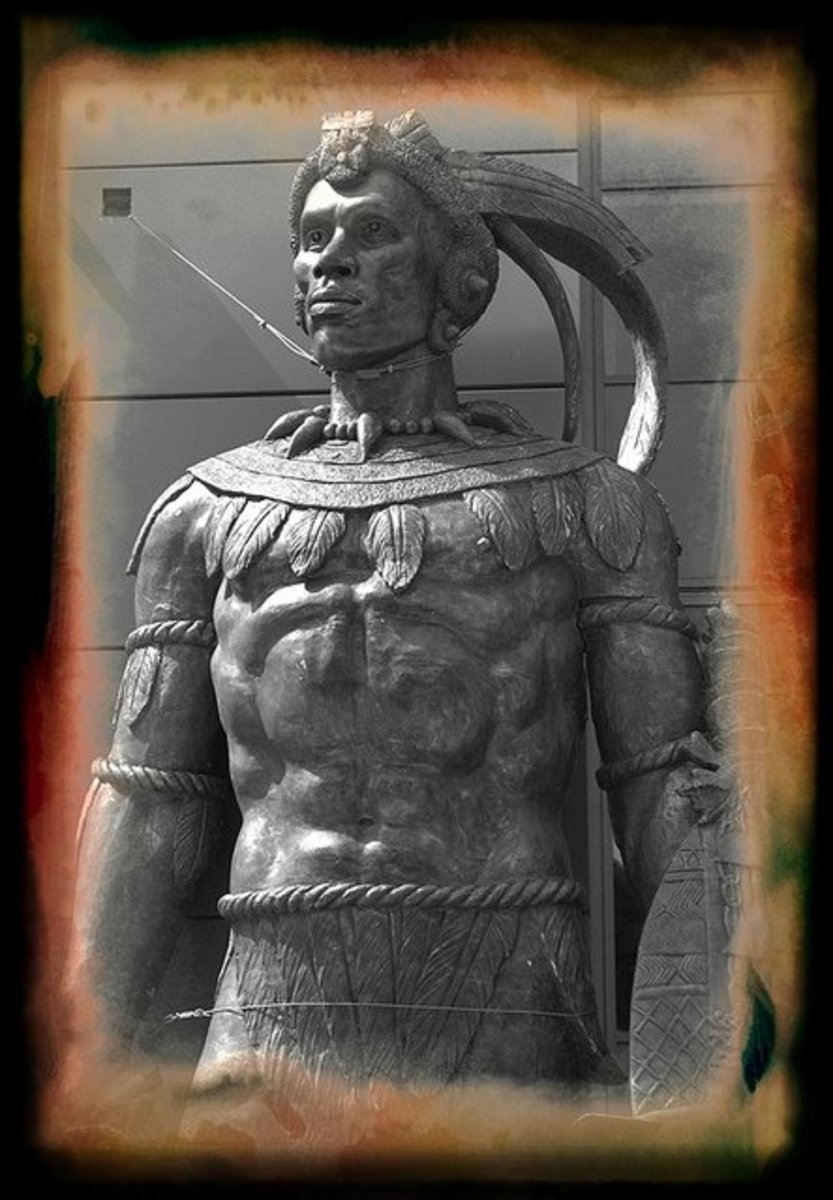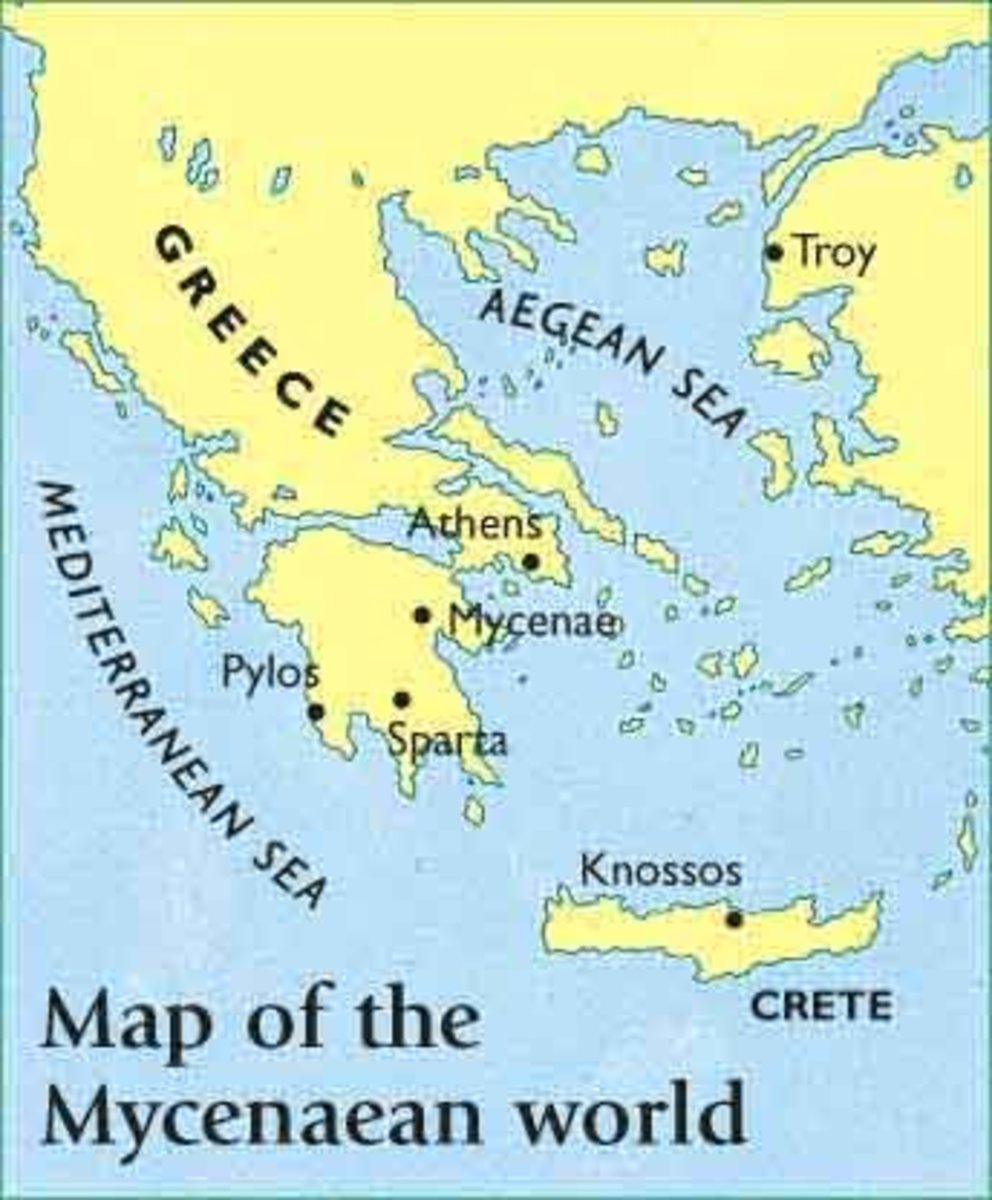Virgil
Virgil was a Roman poet. Born Publius Vergilius Maro, at Andes (now Pietole), Italy, October 15, 70 B.C. Died Brundisium (now Brindisi), Italy, September 20, 19 B.C.
Virgil was the great national poet of ancient Rome. His most famous work, the epic poem The Aeneid (19 B.C.), celebrated the glory and power of the Roman state. It is a stirring and eloquent poem, universally regarded as one of the outstanding works of world literature. Written in 12 books, it describes the wanderings of the Trojan prince Aeneas from the fallen city of Troy to Italy, where he founded what was to become the Roman nation. The spirit of nationalism that pervades Virgil's poetry is combined with a deep concern and compassion for humanity. Virgil was also a superb craftsman and a master of language, and his poems are marked by their concise elegant style and their rich musical quality.
In addition to the Aeneid, Virgil also wrote the Eclogues (37 B.C.), ten short pastoral poems. Most of these contain dialogues between shepherds and shepherdesses and other rustic figures. Although they are based on the Idylls of the Greek poet Theocritus, the Eclogues are original both in their treatment of subject matter and in their technical perfection. Virgil's third important poetic work is the Georgics (30 B.C.), a long poem in four books that describes the pleasures of country life and offers instruction on the proper techniques of farming. Some critics believe it to be Virgil's finest work. Like all of Virgil's poetry the Georgics skillfully incorporates material from Greek and Roman literature. It is partially based on the Works and Days of the Greek poet Hesiod and on the philosophical poem On the Nature of Things (De rerum natura) by the Roman author Lucretius.
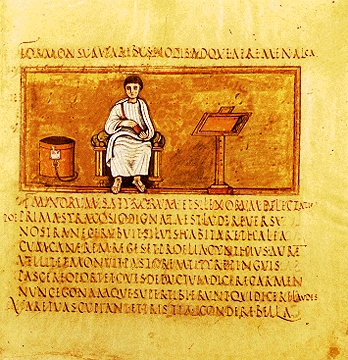
Virgil's Life
Virgil's father was a prosperous farmer who sent his son to Cremona to be educated. After 55 B.C., Virgil studied at Milan, Rome, and Naples. At first he appeared intent on a career in law, but later he turned to philosophy and literature. Virgil returned to his father's farm in about 51 B.C. There he worked and studied for the next ten years. In 41 B.C. the farm was confiscated by the soldiers of Octavian, who later became the Emperor Augustus. Virgil then went to Rome, where his first Eclogues, begun in 42 B.C., attracted the attention of Maecenas, patron of literature, who introduced the young poet to Octavian.
Maecenas' confidence in Virgil's poetic genius was realized with the completion of the Eclogues in 37 B.C. An immediate success, they were widely acclaimed in the Roman literary world. However, Virgil preferred to remain apart from his admirers, and after 37 B.C. he spent much of his time in or near Naples. From 37 B.C. to 30 B.C. he worked on the Georgics, which he wrote in honor of his patron Maecenas.
In 30 B.C., Virgil began to write the Aeneid, a monumental project that occupied him for the remainder of his life. The Aeneid was intended not only as a glorification of Rome's founding and its illustrious past, but also as a celebration of its glory under the rule of the Emperor Augustus. In composing this epic, Virgil used many sources, including the Iliad and Odyssey of Homer as well as Greek and Roman legends. Virgil died before making a final revision of the Aeneid. His orders that the manuscript be destroyed after his death were disregarded at the request of Augustus.
This content is accurate and true to the best of the author’s knowledge and is not meant to substitute for formal and individualized advice from a qualified professional.
© 2009 Historia
